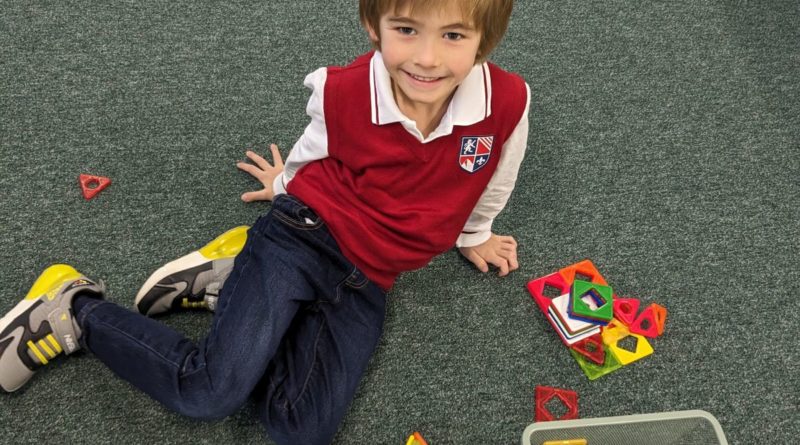Why We Play
The Power of Play: Nurturing Bright Minds in the Early Years
In the bustling world of early childhood, where learning is at its peak and curiosity knows no bounds, one powerful tool stands out as a cornerstone for development—play. It’s not just about giggles and games; playtime is a crucial element in sculpting the minds, hearts, and futures of our smallest children.
- Learning Through Exploration:
- Play provides a natural environment for exploration. Whether it’s building blocks, manipulating playdough, or investigating the wonders of nature, children learn about cause and effect, trial and error, and the joy of discovery.
- Social and Emotional Development:
- Interacting with peers during play helps children develop essential social skills. They learn to share, take turns, negotiate, and navigate the intricate web of emotions that come with collaboration. These early social interactions lay the groundwork for future relationships.
- Growth:
- Play engages and stimulates the developing brain. From stacking blocks to solving puzzles, children enhance their problem-solving abilities, spatial awareness, and critical thinking skills. The brain is like a muscle, and play is its exercise.
- Language Development:
- Through imaginative play, storytelling, and engaging with others, children refine their language skills. Play provides a platform for building vocabulary, expressing ideas, and understanding the nuances of communication.
- Creativity Unleashed:
- Playtime is a canvas for imagination. Whether they’re pretending to be pirates, astronauts, or chefs, children develop creativity and learn to think outside the box. This fosters innovation and a lifelong love for exploring possibilities.
- Physical Fitness:
- Active play promotes physical health, helping children develop motor skills, coordination, and strength. Whether running on the playground, riding scooters or playing organized sports, these activities contribute to a healthy, active lifestyle.
- Building Confidence:
- As children conquer challenges during play, they gain a sense of accomplishment and build self-esteem. Whether it’s completing a puzzle or mastering a new game, each small victory contributes to a child’s growing confidence.




